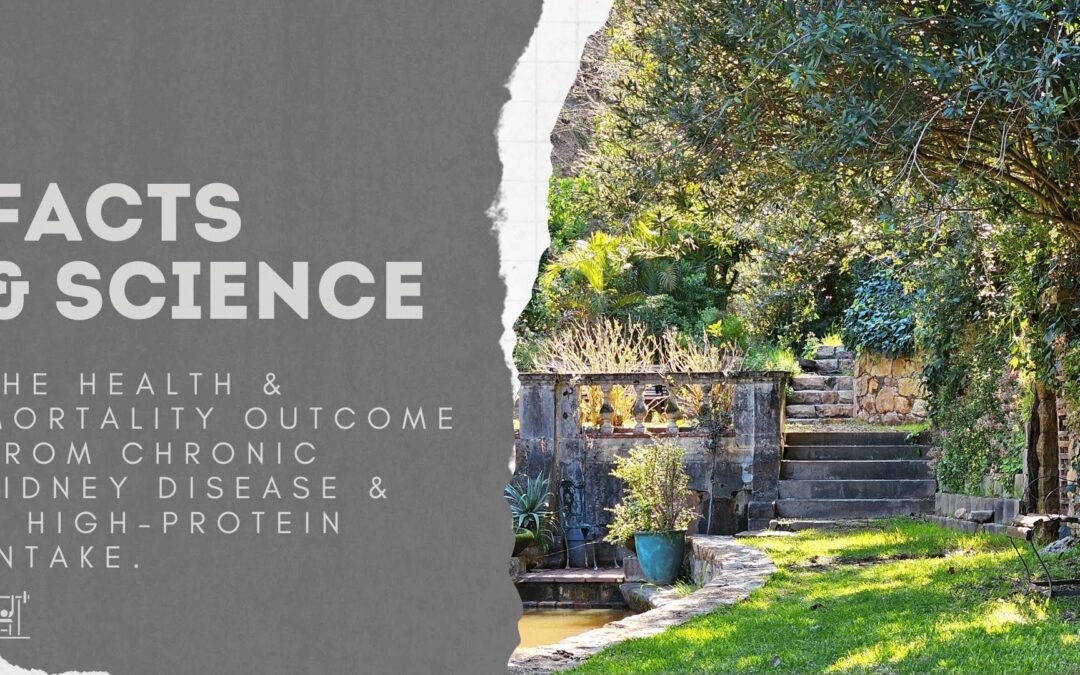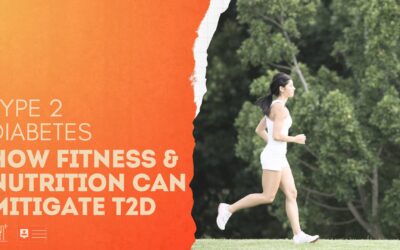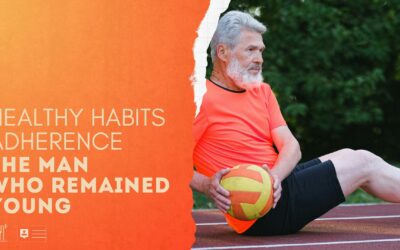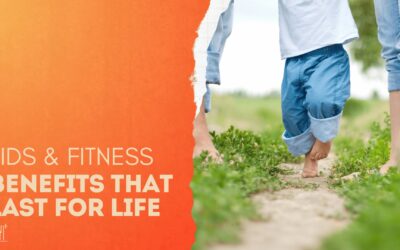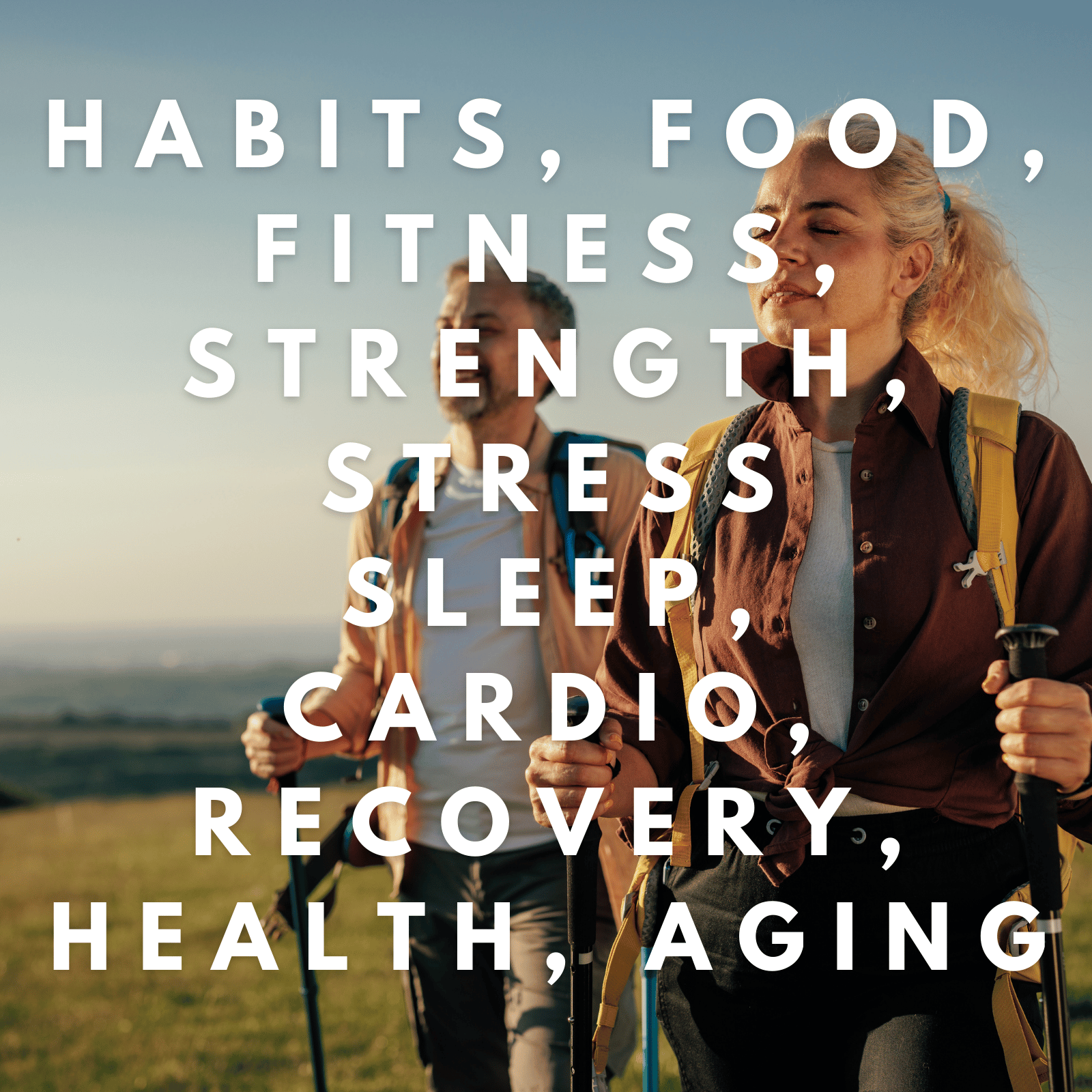
Strength By Fitness
The Health & Mortality Outcome From Kidney Disease With A High-protein Intake. Welcome to another fact-based article from Strength by Fitness.
I have lately seen some health, nutrition & fitness conversations about protein intake and kidney disease. Expressing the good old fable that a healthy high-protein intake will be a bad thing for people with kidney issues.
And especially so the elderly.
But this is a fable for most people, based on a small grain of truth. So let me make two simple but fact-based statements.
A.
The older you are the more daily protein per kg/lbs of body weight you will need to consume in order to remain healthy, mobile, cognitively capable, strong, and durable with a good amount of daily energy. This is demonstrated time, and again in study, after study, and clearly demonstrated in real life outcomes too.
So, the question becomes, could this well-established, basic fact be upturned if you are unfortunate enough to have some level of compromised kidney health?
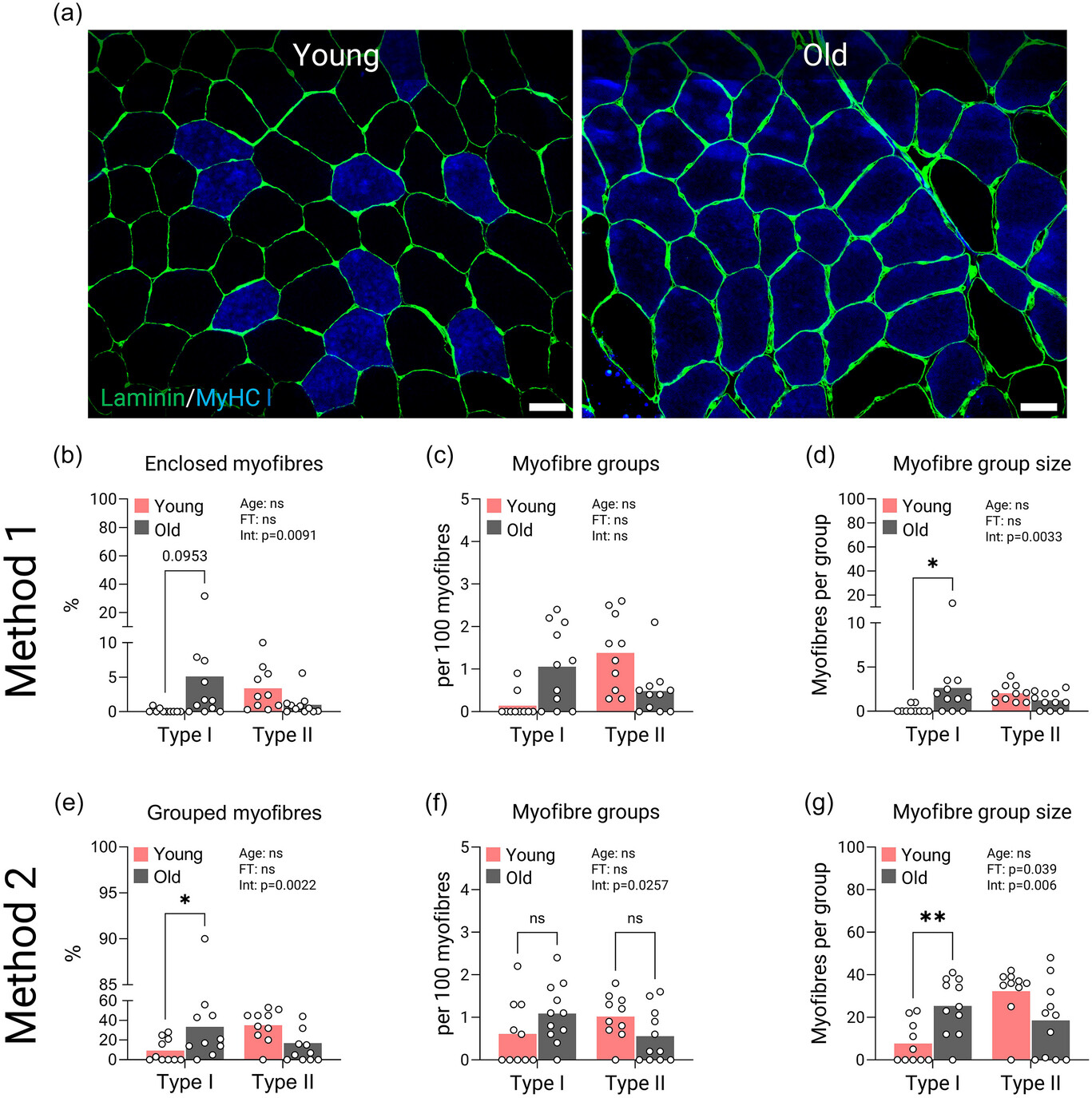
The older you are the more protein you need to remain healthy, and strong. This well-established, fact does not change for people with compromised kidney health, CKD levels 1,2 & 3.
Coach Mike, Strength By Fitness
This is a sensible question. After all, we do know that the ongoing progression of a person’s kidney health itself can progress worse in people with CKD when they consume a lot of protein. So it makes sense that it has long been the standard advice to avoid eating above RDA for anyone with any level of chronic kidney disease.
But is this the right advice when we look at the most up to date data and scientific knowledge across health, food, aging, and fitness? The above quote give away the fact-based, up to date answer.
B.
So, to answer this in a short and clear way. Let us look at this fresh 2024 all-cause-mortality study that included 8543 adults whom all were 60 years and older.
The average age of participants was 78 years of age, and I wont you to let me be frank because the fact-based, real-life outcome is dead easy.
Do you need help succesfully changing your lifestyle habits?
We provide coaching, online, and on-location, in-person.
TLDR:
The higher the participants intake of total protein the better their mortality risk and outcomes.
Yes, this held true for mixed protein, animal, and plant protein since it was all associated with lower mortality in all participants with mild or moderate CKD.
Read that again, mortality risk and health outcomes improved the more protein they consumed.
In plain numbers.
Mortality risk with CKD ( chronic kidney disease ). Numbers represent grams of protein per kilo of body weight and day.
1.00 vs 0.80 g/kg/d dropped to 0.88 (95% CI, 0.79–0.98)
1.20 vs 0.80 g/kg/d, improved to 0.79 (95% CI, 0.66–0.95)
1.40 vs 0.80 g/kg/d, this pushed the reduction of mortality risk further down to 0.73 (95% CI, 0.57–0.92).
So as you can see, the more total protein per day they consumed, the better the mortality outcome, this is despite the fact that all participants had CKD.
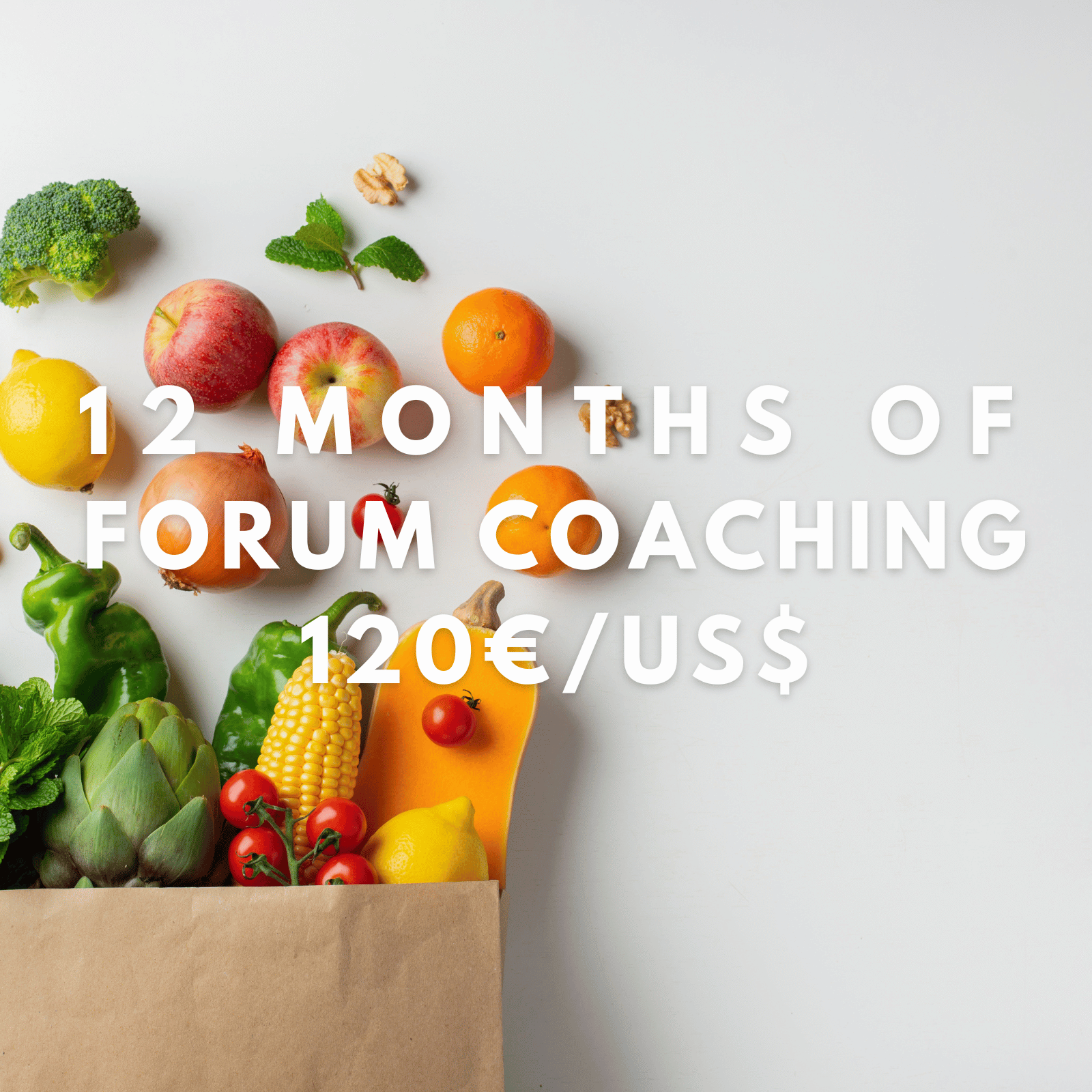
Is there any negative feedback at all?
Well, that would be that the outcomes were even better among high-protein participants without chronic kidney disease.
But just because healthy elderly people benefit even more from a high-protein intake, that doesn’t in any way change that people with mild to moderate kidney disease also benefit from a high-protein intake.
This tells me that a higher protein intake with its many, many positive health outcomes outweighs the negative impact of CKD, stages 1 to 3, to such a degree that it just doesn’t matter if chronic kidney disease and a higher protein intake isn’t the best of friends.
That sum of it all health and mortality outcome that you can see so clearly in this study is ultimately what matters for all humans.
In other words, unless you have such a severe health issue that it makes a low protein intake a necessity every single human being should be on a high-protein food plan ( and particpate in weekly strength training and aerobic exercise ), this fact-based recommendation includes people with mild to moderate chronic kidney disease ( stage 1 to 3 ).
In my opinion, that is, but this is what the most current health, food and fitness science also tells us.
What I can’t say based on this study is where the benefit of more protein will cease to outdo the negative impact of a higher stage CKD anymore.
But for stage 1 to 3 high-protein is the way to go.
Cited study.
1. Anabolic sensitivity in older fit people vs young and fit people.
Anabolic Sensitivity in Healthy, Lean, Older Men Is Associated With Higher Expression of Amino Acid Sensors and mTORC1 Activators Compared to Young — Horwath — Journal of Cachexia, Sarcopenia and Muscle — Wiley Online Library
2. Age-related decline in type II skeletal muscle fiber unless you strength train good enough.
Aging leads to selective type II myofibre deterioration and denervation independent of reinnervative capacity in human skeletal muscle — Horwath — Experimental Physiology — Wiley Online Library
3. Fat loss with or without exercise and outcomes in muscle mass.
Effect of exercise modality and weight loss on changes in muscle and bone quality in older adults with obesity – ScienceDirect
4. Jama Network, Chronic Kidney Disease and mortality outcomes relative to a person’s protein intake.
https://jamanetwork.com/journals/jamanetworkopen/fullarticle/2822055?s=09
Do you need help with your fitness, health, habits, and nutrition? Strength By Fitness doesn’t just produce fact-based content across all these domains, we also coach and train people in-person and online.
Click coaching in the menu on top and get in touch.
You can also read this article over at Medium if you are a paying Medium Member.
strength by fitness
podcasts
recent articles
Type II Diabetes: How Fitness and Nutrition Can Mitigate and reverse t2d. Exclusive Member Article.
IF you want to prevent type 2 diabetes, or reverse it, if the damage has already been done, as it has for hundreds of millions of people around the world, you have three massively powerful and influential habits at your disposal. Welcome to another fact-based member-exclusive Strength By Fitness article.
Members & Clients Recipe: Tofu, dates & orange smoothie. High SPC & Protein.
Our Tofu, dates & orange smoothie provides 56g of Protein, 22g of fiber, and a very high SPC between 66 & 80. That makes this another tasty Strength By Fitness winner. Paid Reader & Client Exclusive Recipe.
Quality Sleep Is Just Another Habit.
Quality sleep comes from a few key pillars in a healthy lifestyle.
Yes, quality sleep is just another habit we build over time with nothing more than our own choices. In this article, Coach Mike from Strength By Fitness will teach you how to do it too.
The Man Who Remained Young. Healthy Habits vs Ageing: Exclusive Member Article.
Strength training, injury-free, 80-year-old men can be as strong as a 35-year-old gym goer. And running is no different. All it takes are maintained habits. Exclusive Strength By Fitness Member Article. Join today, only 9$ Per Year.
Genetics vs Fitness Habits: Part IV. Exclusive Member Article.
Good habits will always move everyone in the right direction. Your genes then decide just how far your ceiling goes. For every single person on the planet, this means becoming way healthier and fitter over time, and as long as you maintain those habits, the positive outcome won't go away.
Regular Exercise Habits For Children Provide Massive Benefits All Through Life
Fitter kids rapidly become healthier kids.
These fitter and healthier kids eventually go on to become much fitter and healthier adults with a higher quality of life, better physical capacity, work performance, cognitive health, and ageing trajectories.
If they maintain their healthier habits and fitness routine as adults.
We appreciate you
so stay healthy & never stop training
Contact
Private In-App Messaging is Available For All App + Coaching Clients
Adress
Coaching Is Available Online Via App on IOS & Google Play, and In-person, On-location.
